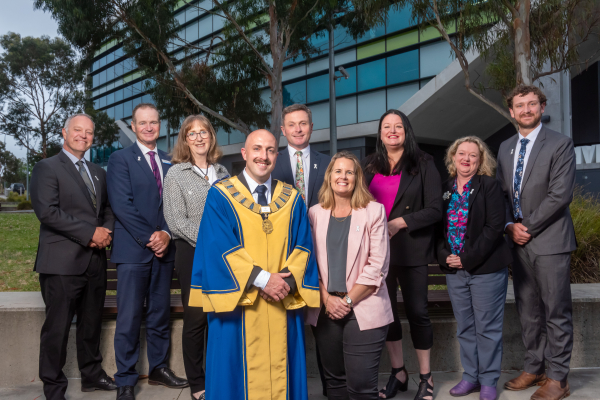New Zealand’s health system is struggling to meet the needs of people who present to emergency departments with a mental health crisis, according to new Australasian College for Emergency Medicine (ACEM) analysis released today.
This comes as ACEM prepares to host a Mental Health in the Emergency Department Summit next month in Wellington to design and agree on the way to improve health outcomes for one of the most vulnerable populations in our communities – patients with acute mental and behavioural conditions.
“What is happening in our emergency departments across New Zealand is increasing challenging,” ACEM President-Elect Dr John Bonning said.
“The number of patients presenting to emergency departments, particularly out of office hours, has doubled in the last year, and emergency departments and mental health services are struggling to cope with the demand.
“Emergency departments are often not ideal environments to assess and manage patients with mental health crises, although we acknowledge mental health crises as a legitimate emergency worthy of acute care. Patients have extended waits to be fully assessed, and we know extended waiting times in the emergency department are associated with poor health outcomes and excess mortality and morbidity.”
According to ACEM’s analysis and data from the Ministry of Health, people experiencing mental health crises experienced a significant increase in emergency department stays between December 2017 and October 2018. While in December 2017 4.5% of mental health presentation had an emergency department length of stay of eight or more hours, by October 2018, this had increased to 27.5%. Long stays in the emergency department can occur while waiting for a full assessment prior to safe discharge out into the community, or for an inpatient bed.
Māori are over represented in the population of those accessing mental health and addiction services at 27.7%, compared with their proportion in the general population, at 15.4%.
“Long stays are not just due to a lack of access to an appropriate inpatient bed, but a lack of resources to provide timely assessment and appropriately safe and secure physical spaces in the emergency department while community support is put in place,” said Dr Bonning, who is based in Waikato.
“Currently emergency department staff, as well as mental health teams, are working as hard as they can to help all patients with mental health crises, but our resources are stretched to the limit. Sometimes services provided in a planned fashion in the community can avert crises that necessitate acute presentations to emergency departments.”
Mental Health in the Emergency Department Summit
Set against the backdrop of the He Ara Oranga: Report of the Government Inquiry into Mental Health and Addiction Inquiry, the invitation-only Summit will bring together key people and organisations to generate a plan around mental health crisis care, particularly in emergency departments.
To be held in Wellington on Friday, June 7, the day will bring together emergency doctors, psychiatrists, consumers, clinicians and key decision makers to test current models of care and explore the changes needed to improve the delivery of timely, safe quality care.
The day will conclude with a Communique that includes immediate priorities for policy, funding and workforce reforms. In the following six months, ACEM will work with colleagues within the health system to develop a Consensus Statement that captures commitments and provides the mandate for systemic actions by government.








